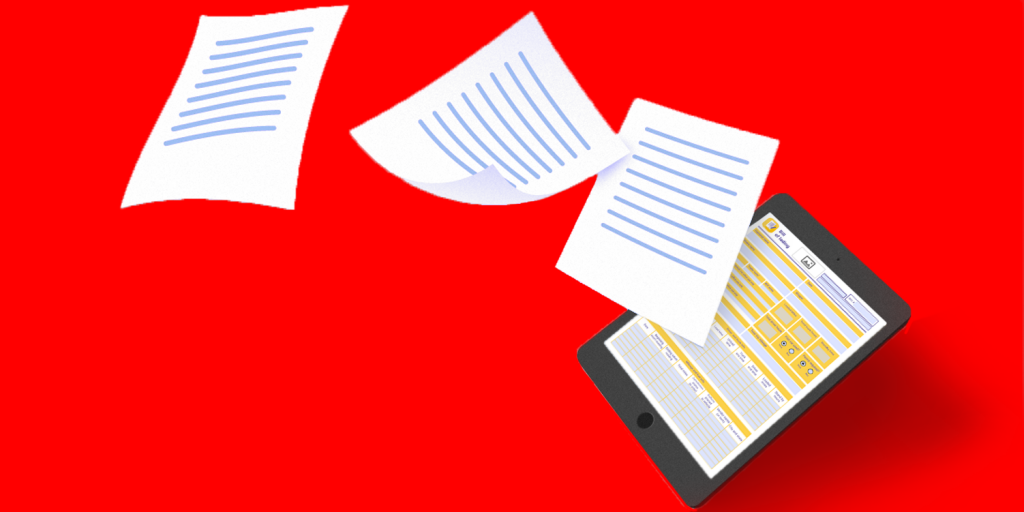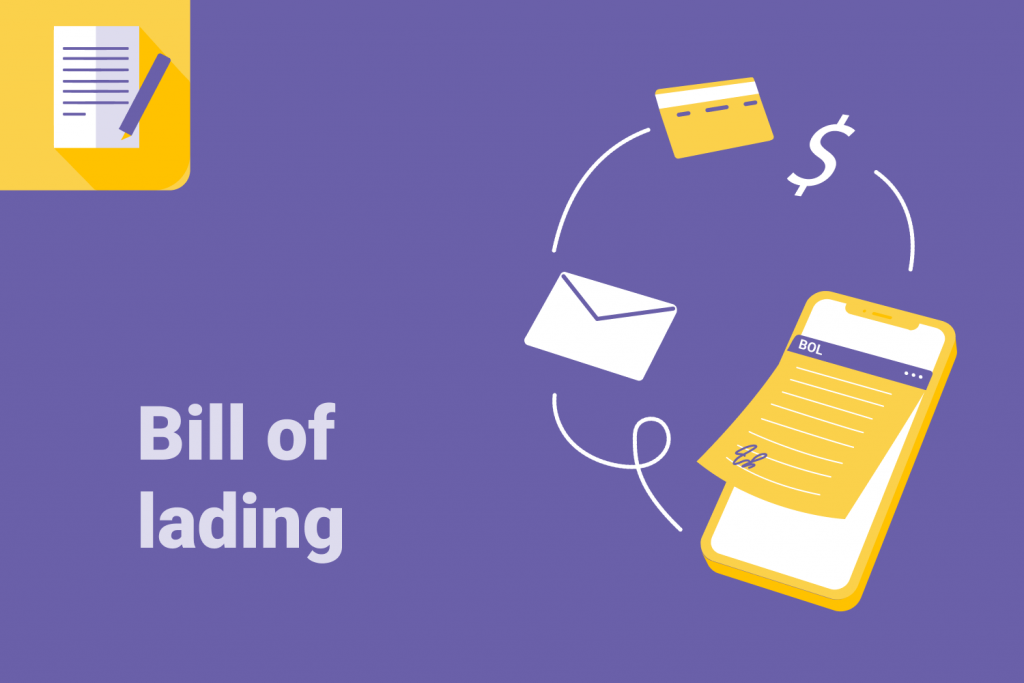In the world of logistics and shipping, efficiency is vital. Every step in the supply chain must be optimized to ensure goods reach their destination on time and in the best condition possible. One critical aspect of this process is the bill of lading, a document that outlines the details of a shipment. Traditionally, this has been a cumbersome and paper-intensive process. However, with the advent of mobile apps, the bill of lading process is undergoing a significant transformation, becoming a more efficient and streamlined solution.
The Traditional Bill of Lading Process
Before we delve into how mobile apps are revolutionizing the bill of lading process, let’s take a closer look at the traditional approach:
1. Paperwork Overload: The bill of lading typically involves multiple copies of a paper document that must be filled out, signed, and exchanged between various parties involved in the shipment, including the shipper, carrier, and receiver. This paperwork can be time-consuming and prone to errors.

2. Delays and Inefficiencies: Paper documents can easily get lost, damaged, or delayed in transit. This can lead to delays in the shipping process, affecting not only the timely delivery of goods but also overall supply chain efficiency.
3. Limited Accessibility: Physical bill of lading documents are location-bound. To review or make changes, one needs to be physically present where the document is stored.
The Mobile App Transformation
Mobile apps have brought a breath of fresh air to the bill of lading process, making it significantly more efficient. Here’s how:
1. Digital Bill of Lading
Mobile apps allow for the creation of digital bill of lading documents. This eliminates the need for physical paperwork, reducing clutter and the risk of errors due to manual data entry. Digital documents are also more eco-friendly.

2. Accessibility Anytime, Anywhere
One of the most significant advantages of mobile apps is their accessibility. Parties involved in a shipment can access the digital bill of lading from their smartphones or tablets, regardless of their location. This means that approvals, updates, and reviews can happen in real-time, even if the stakeholders are miles apart.
3. Enhanced Security
Mobile apps provide secure storage for digital bill of lading documents. They often come with encryption and authentication features to protect sensitive shipment information. This is a vast improvement over the risk of losing or damaging paper documents.
4. Efficient Collaboration
Mobile apps enable efficient collaboration between all parties involved in the shipment. Changes or updates to the bill of lading can be made instantly, and notifications can be sent automatically to inform stakeholders of any modifications. This real-time collaboration streamlines the approval process and reduces delays.

5. Automated Workflows
Many mobile apps offer workflow automation features. This means that certain actions or approvals can be triggered automatically based on predefined rules. For example, once the shipper signs off on the bill of lading, it can trigger the carrier’s acceptance without delay.
6. Historical Data and Analytics
Digital bill of lading apps often come with the ability to store historical data and provide analytics. This can help companies track and analyze their shipping processes, identify bottlenecks, and make data-driven decisions to improve efficiency further.
7. Cost Savings
By going digital, companies can significantly reduce the costs associated with paper, printing, and physical storage of documents. These cost savings can be substantial in the long run.
Snappii has been helping businesses switch from tedious paperwork to mobile forms and apps for many years. Snappii has created its Bill Of Lading Manager app to easily and quickly create bills of lading and provide them to third parties. Replace paper BOL with eBOL. Get paid faster! Try the Snappii’s Bill of Lading Manager on iOS and Android devices. This app can be customize to meet the specific needs of your business. If you have your own form, or the database of customers you’d like added to it, Snappii can do that. Contact Snappii with your custom mobile app development requirements.

The transformation of the bill of lading process through mobile apps is a game-changer for the shipping and logistics industry. It not only enhances efficiency but also reduces errors, accelerates decision-making, and provides a more environmentally friendly solution. As businesses continue to seek ways to optimize their supply chains, adopting mobile apps for the bill of lading process is a logical and strategic step toward a more efficient and sustainable future in shipping.

 Login
Login

